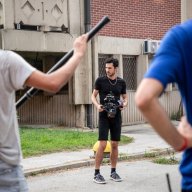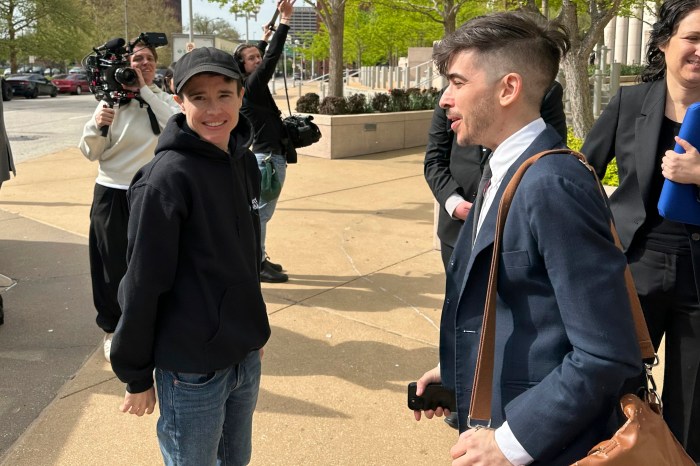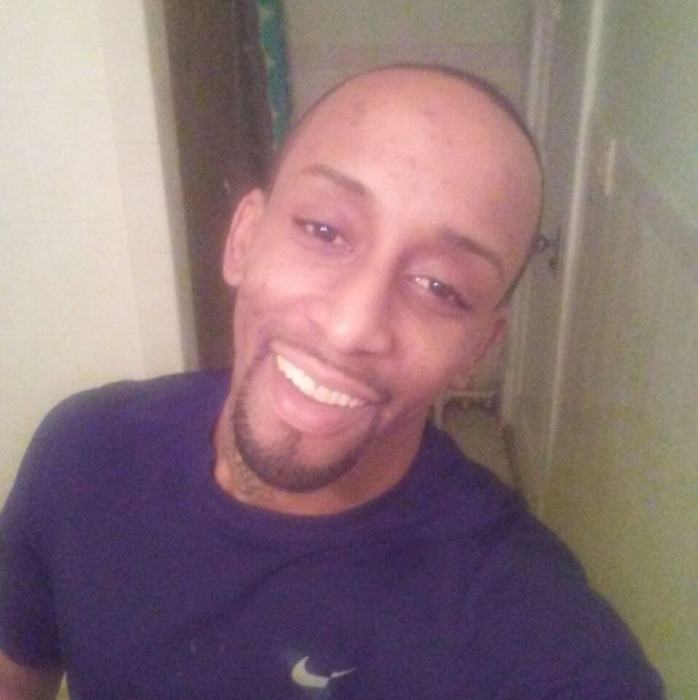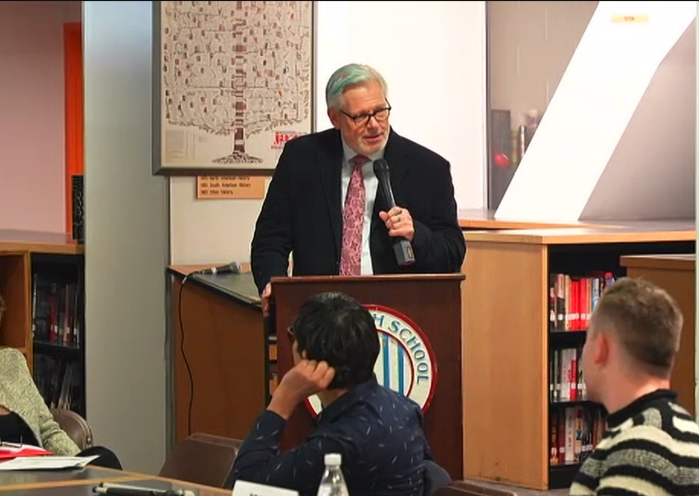Federal court supports flushing out details of anti-Don’t Ask surveillance
Federal Judge Rosemary A. Collyer of the D.C. District ordered three government agencies to turn over by the middle of May all documents they have regarding covert surveillance of domestic LGBT groups.
The April 19 order is the culmination of a months-long struggle by the Servicemembers Legal Defense Network (SLDN) to force the Departments of Justice and Defense to release any information they possess regarding the matter.
In December, NBC News reported that the Pentagon had been monitoring college student groups opposed to the military’s Don’t Ask, Don’t Tell policy that forbids open service by gay and lesbian personnel.
According to NBC, and later confirmed by a partial release of documents from the Defense Department, the LGBT law student group at New York University, OUTLaw, was labeled “potentially violent” by Pentagon officials, who believed “the term Outlaws is a backhanded way of saying it is alright to commit possible violence and serve as vigilantes…”
The Pentagon began an investigation of OUTLaw when it was learned that the group would be participating in a February 2005 student protest against military recruiters on the NYU campus. Defense intelligence officials reported that the event “may involve Outlaws,” a possible security threat to the recruiters.
A similar assessment was made by the Pentagon regarding a Don’t Ask, Don’t Tell protest at the University of California Santa Cruz. The Santa Cruz group later held a gay kiss-in in the presence of military recruiters. Many news reports conflated that event with the earlier anti-recruiter event that Gay City News confirmed with campus organizers was the one that alarmed the Pentagon. The earlier student gathering was considered a “credible threat” for terrorism.
There have also been reports of Pentagon surveillance of student organizations at the State University of New York at Albany and William Patterson College in Wayne, New Jersey.
The targeted student groups were also protesting the Solomon Amendment, which compels universities receiving federal money to allow military recruiters on their campuses even though the schools have rules requiring all potential employers to adopt a non-discrimination policy that includes sexual orientation. The Solomon Amendment was recently upheld by the U.S. Supreme Court in a unanimous decision.
To determine the full extent of this surveillance, SLDN filed a Freedom of Information Act (FOIA) request with Justice and Defense. In response, the Department of Justice stated it had not conducted a search of its files, but was confident no such records existed. The National Security Agency, part of DOD, would not confirm or deny the existence of surveillance activities or whether records of surveillance existed.
SLDN’s lawsuit also seeks to determine what other gay groups, beyond those engaged in protesting Don’t Ask, Don’t Tell, have been secretly scrutinized.
OUTLaw and the UC Santa Cruz groups were snared in the DOD’s Threats and Local Observation Notice (TALON) program originally established as part of the government’s widening effort to investigate sources of domestic terrorism by foreign sources.
Similar Pentagon investigations of anti-war protestors and peace activists during the Vietnam War led to Congressional hearings and limits on the type of information the Defense Department could collect about U.S. citizens.
In a February letter to the Senate Armed Services Committee, the Defense Department acknowledged that it had inappropriately gathered information on the student protestors.
What remains unknown is the extent of the operation. Documents already released do not indicate how the surveillance was conducted, whether through monitoring of e-mail, phone conversations, photographs, video, or listening devices. Nor do the documents reveal how the gathered information was to be used.
In the case of the NYU protests, the Pentagon was tipped to the student group’s schedule by an unnamed e-mail source.
What these documents do reveal is a U.S. military unfamiliar with the LGBT community.
“The DOD is pretty clueless about who they should be monitoring and why,” said Steve Ralls, spokesman for SLDN.
In particular, Ralls referred to the Pentagon considering the name OUTLaws as somehow indicative of the group’s anti-government, potentially violent philosophy, rather than a reference to their uncloseted sexual orientation.
Only the Defense Intelligence Agency, a part of DOD, returned calls for comment. According to the DIA’s FOIA office, no surveillance documentation or evidence of programs was uncovered in a records search.
Ralls at SLDN said his organization had yet to receive notification from the DIA.
In an e-mail to Gay City News, DOD spokesman Commander Gregory Hicks said that it was a mistake the gay groups fell under the TALON program.
“We have taken very quick and thorough measures to ensure that our TALON records now have the foreign terrorist threat nexus that it was set for in the first place… Less than 2 percent of the total number of TALON reports did not comply with present directives. All of those have been removed from our database,” Hicks wrote.
All branches of DOD must complete a thorough review of their records by May 4, and the deadline for the DIA unit of Defense is April 27. Collyer imposed a May 11 deadline on the Justice Department.
gaycitynews.com

































